Many factors contributed to Gyllenhaal’s leap of faith moment and transition from acting to directing. The Oscar nominee has recently revealed that frustration was a significant part of it all.
~ by Dora Endre ~
The Lost Daughter is an acclaimed psychological drama from a novel by bestselling author Elena Ferrante (a pseudonym). The book was adapted to the big screen by Maggie Gyllenhaal who also directed the project. Gyllenhaal is the sister of high-profile actor Jake Gyllenhaal and daughter of filmmakers Stephen Gyllenhaal and Naomi Achs. Storytelling must be genetically coded in the family.
As an Academy Award-nominated actress, Maggie has already established her on the A list of Hollywood and throughout her career she has took on exciting roles both in blockbusters (The Dark Knight) and independent movies (The Kindergarten Teacher). Most recently she has found herself in the spotlight due to the success of her directorial debut, The Lost Daughter.
“A woman’s quiet seaside vacation takes an unsettling turn when her fixation on a young mother staying at a nearby villa awakens memories from her past”
– reads the movie’s summary on Netflix. The Lost Daughter stars such well-known actors as Olivia Colman, Dakota Johnson and Jessie Buckley. The movie won Best Screenplay at the Venice Film Festival last fall and got Gyllenhaal a Best Screenplay nomination at this year’s Oscars. How wonderful it would be if the ceremony was remembered for a record number of nods for female storytellers instead of the Will Smith fiasco, right? Anyways, The Lost Daughter is a unique, daring and unnerving piece that does not shy away from addressing sensitive layers of parenthood. But how did frustration push Gyllenhaal to make the bold step and transition from acting to writing-directing?
“People Are Rarely Interested In Actresses with Ideas”
Some directors know from the get-go that they want to become directors realizing their own vision through the help of other creatives. Orson Welles once said,
“A poet needs a pen, a painter a brush, and a director an army”.
It sounds scary but it is true.
To other directors, the desire to be in charge of the filmmaking process comes in a different way. Gyllenhaal has recently opened up to the Hollywood Reporter about storytelling as her ultimate goal in whatever she does:
“I think there are different kinds of actors, and my favorite kind, and the kind I am, is also a storyteller. I have a point of view as an actress, I know that this part came to me at this moment because I want to articulate something through it. But I think people are rarely interested in actresses with ideas. And I remember reading this thing. I read that Meryl Streep said years ago, ‘if you have an idea artistically and it’s something you need as an actress, offer it up with a spoonful of sugar’. And it is great advice, and I took that advice for many years. And but it is a lot of extra work. Now that I have made my film, I can see that it was always something that I wanted to do as an actress. I love acting and I miss it. But it didn’t, didn’t satisfy me.”
From a Fictional Director to a Real One
Interesting enough, HBO’s drama series The Deuce (2017-2019) has also contributed to Gyllenhaal taking the director’s chair. David Simon’s show offered viewers a glimpse into life in New York City during the ‘70s and ‘80s when porn and prostitution were rampant in Manhattan. James Franco and Maggie played twins in the large ensemble, Gyllenhaal portrayed a prostitute turned film director. She talked about the massive influence The Deuce had on her career by saying:
“She’s a prostitute who you know, gets involved in porn, and was originally supposed to be a producer with excellence for money making. I remember, I said to David Simon, ‘she’s got to be an artist’. She’s got to be a director because someone who’s willing to die for money, put their life on the line is a very different person than someone that’s willing to put their life on the line for their work, you know, where it’s like survival life or death for your art. So she became a director.”
She also adds:
“Two things happen simultaneously there. One was I was not just like pretending to be a director but really deeply imagining how would I shoot this scene? Okay, it’s porn. Well, that’s all I have access to right now. But how would I shoot it? And how would I treat my actors and how would I deal with this editing situation?”
Gyllenhaal was also a producer on the show, which gave her access and authority in all phases of production.
“I was seeing early cuts of things, and I had hundreds of ideas about them. I would write these four paragraph long essays about why the scene couldn’t be cut or must be cut. You can’t cut the orgasm because that’s what makes it feminist.”
Why The Lost Daughter?
Gyllenhaal’s confident directorial debut talks about parenting, but also about being a mother alongside of being a thinker, a lover, an artist and an individual. It is an unsettling piece that goes into uncharted territories.
The Lost Daughter shows darkness, desire, ecstasy, perversity as inherent parts of complex women. The novel by Ferrante, which serves as the source material to the film, includes shocking, raw and occasionally terrifying edges to its characters.
“I had read the Neapolitan novels, which were the kind of best seller books of hers, and I was stunned by how truthful they were. Ferrante was saying things that I felt and I thought even though I didn’t even know that I was hungry to hear that, dying to hear that, things about being a woman in the world”
– the director told W. The Lost Daughter is definitely opening doors to a new level of truthfulness when it comes to telling stories about women and their many roles in life. The film goes into details about things “you are not supposed to talk about” according to social norms and expectations. Women with strange edges, hunger and despair are representative while taboos are never healthy, anyways.
The Lost Daughter currently streams on Netflix.

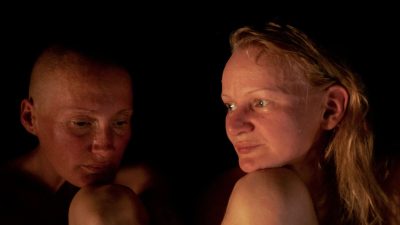
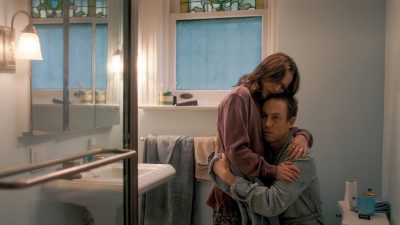
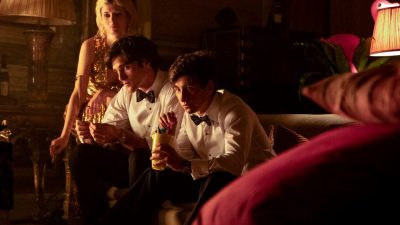
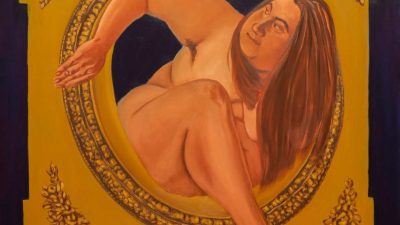
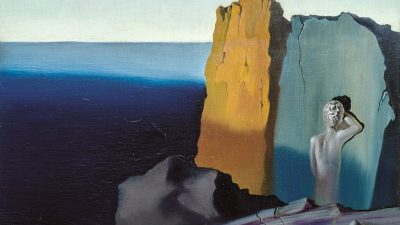
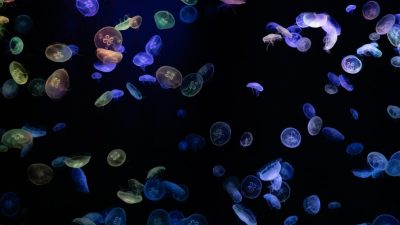


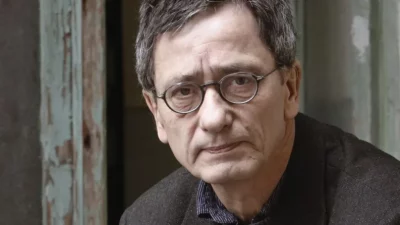



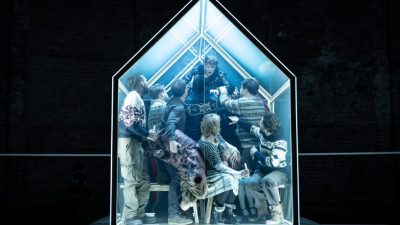
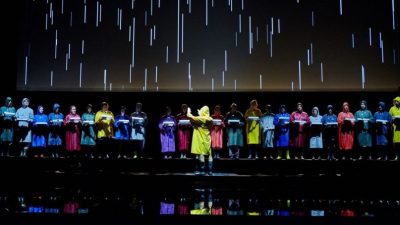


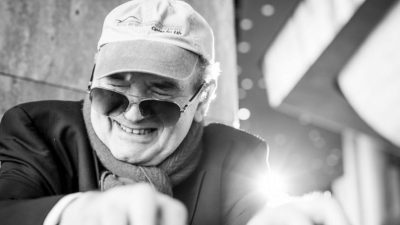


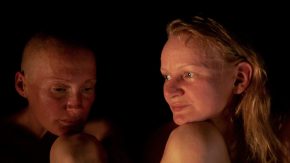
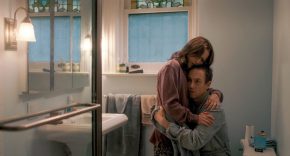
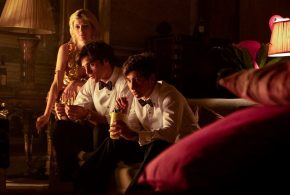
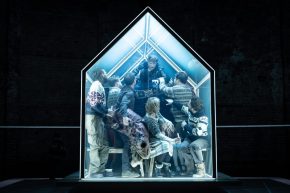
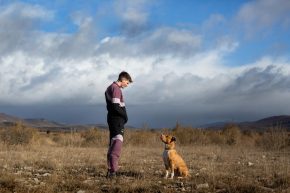
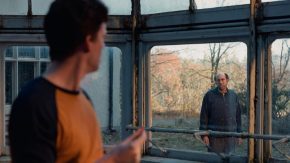
Comments